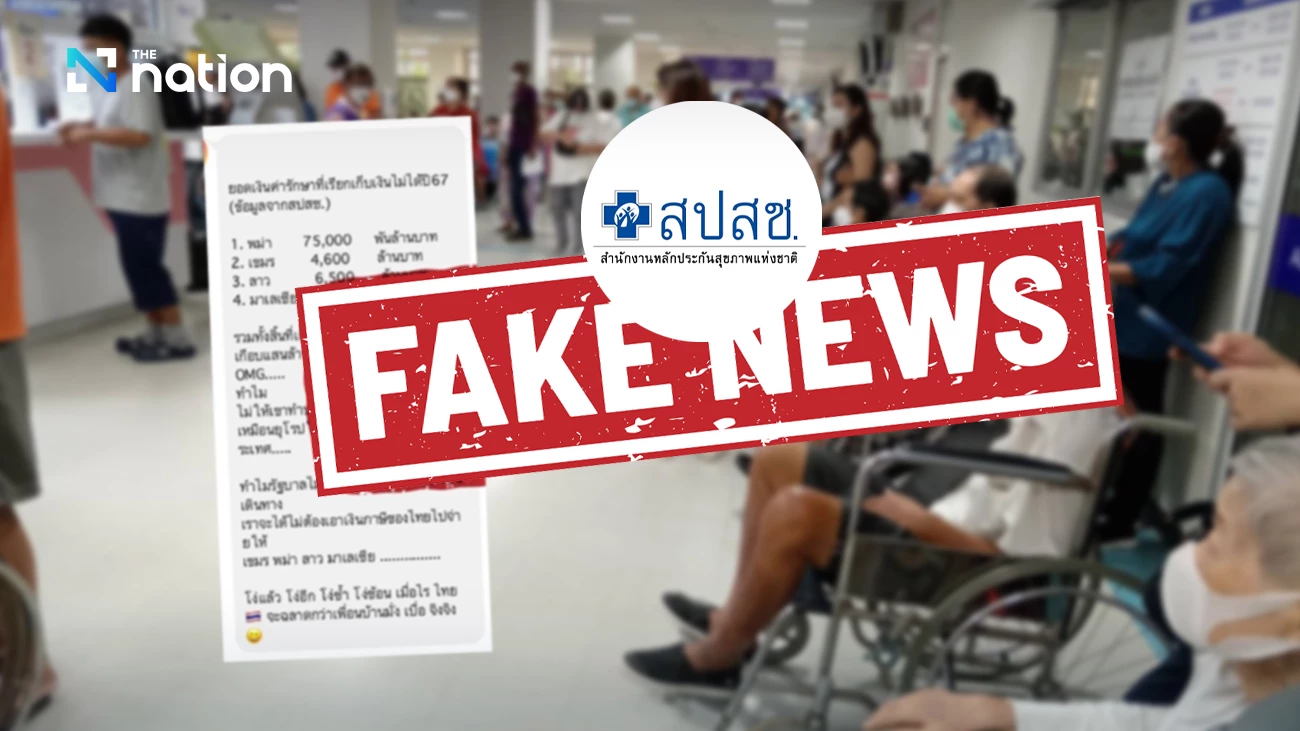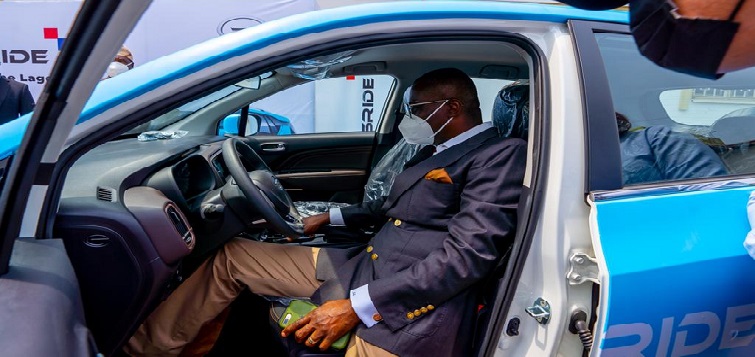Escalating Thai-Cambodian Border Crisis: Diplomacy Fails Amidst War Propaganda and Mass Arrests

Recent developments highlight a complex and often tense relationship between Thailand and Cambodia, marked by ongoing border disputes, alleged ceasefire violations, and a significant proliferation of disinformation. Despite a 13-point ceasefire agreement signed during the General Border Committee (GBC) meeting in Malaysia on August 7, provocations and information warfare continue to affect the region, creating obstacles to peaceful resolution.
The Thai Ministry of Foreign Affairs has publicly challenged Cambodia’s narrative, accusing Phnom Penh of a sustained disinformation campaign that actively undermines the peace process. Nikorndej Balankura, Director-General of the Department of Information and spokesperson for the Thai Ministry, refuted claims made by Cambodia's Foreign Ministry and state-controlled media, describing Cambodia's commitment to the ceasefire as "merely for public relations." Thailand has detailed a four-point list of alleged ceasefire violations by Cambodia, including laying new landmines, using drones for harassment, inciting their own citizens to protest at the border, and deploying powerful improvised explosive devices (IEDs) on the Thai side of the frontier. Furthermore, Thailand has raised concerns with visiting US lawmakers about Cambodia's alleged landmine deployment in Thai territory and the issue of barbed-wire fences, while stressing that discussions on certain Memoranda of Understanding should be set aside to prioritize these immediate concerns.
The humanitarian impact of the conflict on civilians remains a critical concern. Representatives of the International Committee of the Red Cross (ICRC), facilitated by the Royal Thai Army, Foreign Ministry, and Interior Ministry, assessed the effects of cross-border attacks on civilians in Surin, Si Sa Ket, and Ubon Ratchathani provinces. The ICRC gathered facts on the ground and interviewed affected residents, compiling a confidential report to be submitted directly to both Thailand and Cambodia, underscoring Thailand’s commitment to strengthening humanitarian protection mechanisms. In parallel, the economic consequences of the border situation have led to a surge in illegal crossings; Thai troops recently apprehended 50 Cambodians in Sa Kaeo’s Aranyaprathet district, who claimed they had fled hunger and lack of jobs in their homeland after border checkpoints were closed and work restrictions imposed. These individuals accused the Cambodian government of failing to provide adequate support for returnees.
Disinformation has emerged as a significant component of the conflict. The Ministry of Digital Economy and Society (DES) reported that eight out of the top ten fake news items last week were false reports related to the Thai-Cambodian border conflict, with the top three directly concerning the situation. Specific widely circulated false claims include allegations that Thailand is planning to assassinate Cambodian leaders Hun Sen and Hun Manet – firmly denied by the Thai Ministry of Foreign Affairs as "entirely unfounded" and intended to defame Thailand. Another baseless claim, refuted by the National Health Security Office (NHSO), alleged that nearly 100 billion baht was spent by Thailand on medical care for citizens of neighbouring countries (Myanmar, Cambodia, Laos, Malaysia) without reimbursement from their respective governments. Acting Prime Minister Phumtham has emphasized the imperative to "fight with truth, not through information warfare, because only the truth can resolve the issue."
International attention has focused on the escalating situation. The Royal Thai Army is leading the ASEAN Interim Observation Team (IOT) to visit the Thai-Cambodian border to monitor alleged breaches of international law and ceasefire conditions. Prior to this, ASEAN envoys and representatives from countries that ratified the Ottawa Convention (banning landmines) visited Si Sa Ket province, witnessing evidence of anti-personnel mines and speaking with affected residents. Furthermore, a delegation of four US lawmakers visited Thailand to discuss regional developments, Thai-US relations, security, and economic issues, and were scheduled to observe the Thai-Cambodian border conflict zone in Ubon Ratchathani, acting as temporary observers. They acknowledged the complexity of border conflicts but stressed the need for peaceful solutions that prioritize the lives of affected people.
A long-standing territorial issue further complicates relations, particularly concerning the Ban Nong Chan area of Sa Kaeo province. Cambodia has exerted pressure on Thailand to dismantle barbed wire fences in this area, which once served as a refugee camp during the Khmer Rouge era. Descendants of Cambodian refugees have expanded settlements, building nearly 200 new homes and claiming the area as Cambodian sovereign land, while the Cambodian government continues to reject Thailand’s border demarcation claims. Thailand, bound by human rights obligations, has historically been unable to forcibly remove refugees who do not voluntarily return, contributing to the current complexities.
Despite misunderstandings and occasional clashes, diplomatic channels are moving forward, with further talks scheduled. Thailand remains committed to engaging in dialogue, emphasizing the importance of truth, peaceful solutions, and addressing the humanitarian impact on people affected by the ongoing conflict and disinformation campaigns.
You may also like...
Royal Spectacle: Trump's Buckingham Palace State Banquet Unveiled, From Menu Secrets to Dazzling Gowns

US President Donald Trump and First Lady Melania were honored with a lavish state banquet at Windsor Castle, hosted by K...
Celebrity Couple Regina & Victor Tie the Knot in a Chic Intimate Civil Wedding!

Regina and Victor celebrated their intimate civil wedding, exchanging vows in a serene courtroom. The Cameroonian bride ...
Cardi B's Big Reveal: Baby No. 4 on the Way for the Superstar Rapper!

Rapper Cardi B has officially announced she is pregnant with her fourth child, her first with boyfriend and New England ...
Zimbabwe's Sanctions Saga: US U-Turn Bid Faces Analyst Scrutiny

A new Bill introduced in the US House of Representatives proposes the repeal of the nearly 25-year-old Zimbabwe Democrac...
Empty Stomach Orange Juice: Uncovering its Surprising Health Effects
:max_bytes(150000):strip_icc()/Health-GettyImages-1292399655-860b8f2a8e3b4d0f968a6892d6bd78d7.jpg)
Discover the surprising pros and cons of drinking orange juice on an empty stomach. While it offers a quick energy boost...
AI Security Firm 'Irregular' Raises $80M to Bulletproof Frontier Models

AI security firm Irregular has secured $80 million in new funding, valuing the company at $450 million. Specializing in ...
Netflix Goes Hyper-Affordable: New N1,200/Month Mobile Plan Unveiled!

Netflix introduces an affordable mobile plan in Nigeria and 42 other sub-Saharan African countries, drastically cutting ...
Ride-Sharing Crisis: Lagos Drivers Fear Job Loss Over New Scheme!

The Lagos State government is launching "Lagos Ride," a new e-hailing scheme with 1,000 SUVs, in partnership with CIG Mo...
